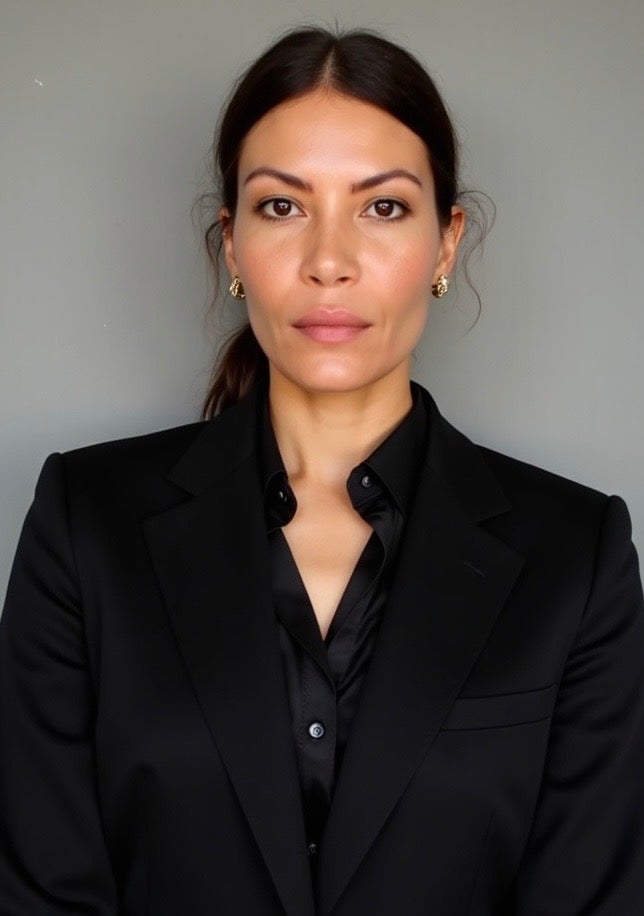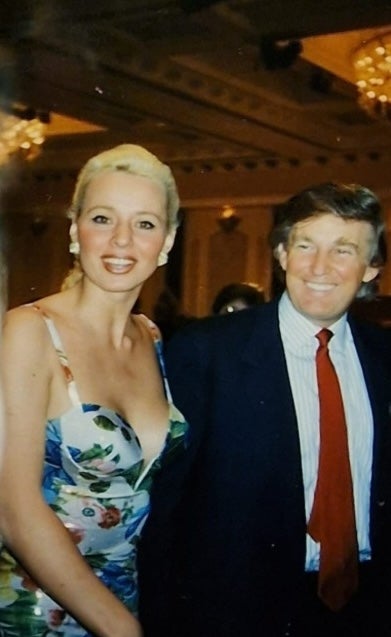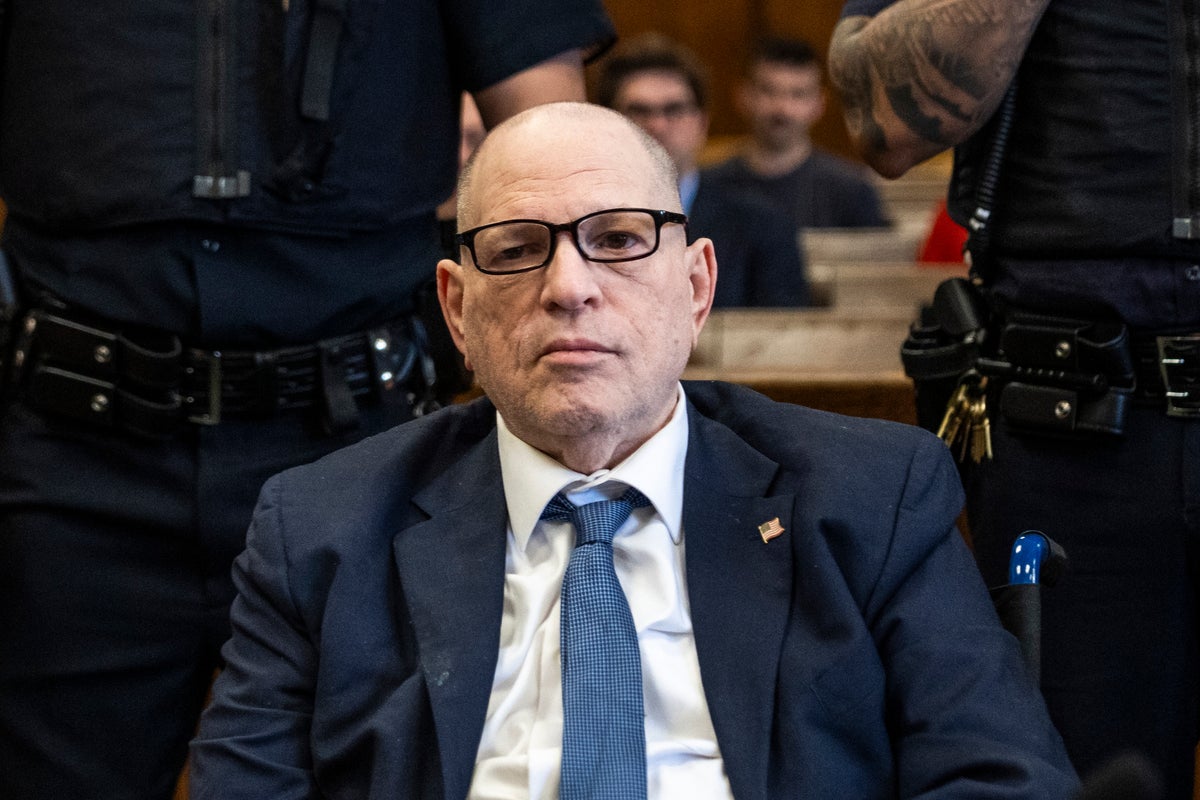Your support helps us to tell the story
From reproductive rights to climate change to Big Tech, The Independent is on the ground when the story is developing. Whether it’s investigating the financials of Elon Musk’s pro-Trump PAC or producing our latest documentary, ‘The A Word’, which shines a light on the American women fighting for reproductive rights, we know how important it is to parse out the facts from the messaging.
At such a critical moment in US history, we need reporters on the ground. Your donation allows us to keep sending journalists to speak to both sides of the story.
The Independent is trusted by Americans across the entire political spectrum. And unlike many other quality news outlets, we choose not to lock Americans out of our reporting and analysis with paywalls. We believe quality journalism should be available to everyone, paid for by those who can afford it.
Your support makes all the difference.
Harvey Weinstein’s long-awaited New York retrial begins on Tuesday, with the 73-year-old former movie mogul set to face sex crimes charges in a major test for the enduring power of the #MeToo movement.
When New York prosecutors first arrested Weinstein in 2018, the stories of his accusers not only set off a cultural bomb across the movie industry but also led to systemic change in politics, sports, and other industries for good.
That momentum was buoyed in 2020 when a jury convicted Weinstein of sexual assault and rape — only to sink last year when an appeals court threw out that conviction.
The decision came after multiple high-profile cases involving powerful men, like Bill Cosby and Kevin Spacey, fell apart, leading some to fear the movement was over. Cosby’s sexual assault conviction was overturned in 2021 by Pennsylvania State Supreme Court, which ruled that his “non-prosecution agreement” meant he should never have been charged in the first place. Spacey was ultimately acquitted of sex crimes and is set to star in two movies that will be released this year. Meanwhile, Weinstein is also appealing a 2022 rape and sexual assault conviction in his Los Angeles case.
But as the Weinstein retrial begins in New York City — with an additional sex crimes charge added to the original two, all of which he’s pleaded not guilty to — so too does the chance for women to have their day in court, again.
“No one has ever given women any rights at all. We’ve always had to fight to win them — and we need them to have courage now more than ever,” Gloria Allred, who has represented multiple women in their cases against Weinstein, told The Independent.
“The herstory of the #MeToo movement and the women’s movement has always been two steps forward and one step backwards. So we cannot expect to always be successful,” Allred said.
Dawn Dunning, who testified against Weinstein over a sexual assault allegation that stemmed from an encounter in 2004, said she was “devastated” by the appeals court’s decision last year. But she doesn’t believe it indicates the movement to hold powerful men accountable is dying. “I think it’s just evolving and changing,” she told The Independent.
The initial “sensationalism” has subsided but the movement transformed from being a viral hashtag to having real-world impacts, she argued, referring to strengthened protections against workplace harassment and measures limiting the use of non-disclosure agreements.
Since there was little discussion around sexual misconduct in the early 2000s, Dunning said she didn’t previously have a term for Weinstein’s actions: “I didn’t even know what he did to me was ‘sexual assault.’”
“Now everyone has this awareness and isn’t afraid to say something. To me, that’s the real #MeToo movement,” Dunning said. “I don’t think people are going to go back to that culture that was happening in the early 2000s and before. I think that cultural shift has happened, and it’s only going forward.”

But other cases in the entertainment industry, notably the Blake Lively and Justin Baldoni scandal, have become so tangled that they have led some to conclude the movement is over. In that case, Lively filed a civil lawsuit against Baldoni for sexual harassment on the set of their film It Ends With Us, and Baldoni countersued Lively for defamation. All parties have denied wrongdoing.
The New Yorker’s Doreen St. Felix recently argued: “We are no longer in the #MeToo era. The standard of ‘believing women’ did not really become a standard.” Right-wing content creator Candace Owens came to the same conclusion, declaring: “The #MeToo movement is now completely over, and will be remembered as little more than another stain in American history.”
Allred disagrees. “The lie that the #MeToo movement is dying or dead can only be understood as a manipulation of women’s psyches as a mind game to deter women from asserting their rights for fear that it’s hopeless or that they will be attacked,” she told The Independent.
The string of recent sexual assault cases against Sean “Diddy” Combs — who has been charged with sex trafficking but denies the allegations against him — suggests holding moguls to account is still possible. Then there’s the matter of Donald Trump.

Trump has been publicly accused of sexual misconduct by 28 women and was found liable for sexual abuse. He has denied any wrongdoing. Still, he won the 2024 election and carried the popular vote.
Two of the president’s accusers spoke to The Independent — and say they’ve now lost faith in institutions and society.
“People are speaking up and no one’s listening,” Amy Dorris said. “The movement is fading away, the power of it.”
In September 2020, the former model publicly accused Trump of sexually assaulting her at the U.S. Open in New York City in 1997 when she was 24 and he was 51. Trump “shoved his tongue down my throat and I was pushing him off. And then that’s when his grip became tighter and his hands were very gropey and all over my butt, my breasts, my back, everything,” she said two months before the 2020 election. Trump has denied these allegations.
The two women who came forward after her had even less of a spotlight on their allegations. “I think that people are just desensitized,” Dorris said.
Beatrice Keul was one of them. The Swiss former pageant queen told The Daily Mail she received an invitation from the Donald J. Trump American Dream Pageant offering an all-expenses-paid trip to New York in November 1993. There, Trump asked Keul for a private meeting in a Plaza Hotel suite, where he “jumped on” her, she claims. He then “kissed me on the lips and on the neck. He tried to lift my dress. He was grabbing and touching my body everywhere he could,” she alleged. The Trump campaign denied the allegations.

Despite going public with her claims a week before the 2024 presidential election, Trump reclaimed the White House and tapped a faction of scandal-plagued individuals to serve in his Cabinet — including Defense Secretary Pete Hegseth, who was accused of sexual assault in 2017, and HHS Secretary Robert F. Kennedy Jr., who was publicly accused of sexually assaulting a babysitter in 1998. RFK Jr. denied the claims and has never been charged in connection with the alleged incident. Hegseth has denied all sexual assault claims, and Monterey County DA Jeannine Pacioni said the former Fox News host was never charged because “no charges were supported by proof beyond a reasonable doubt.”
“Since he was elected, I am not surprised that he is surrounded by the same guys that look like him. I’m not surprised because this is the way it was already in the 90s,” Keul alleged.
Re-electing Trump, who then put these men in power, sends the message “that that you can get away with sexual assault,” Dorris argued.
Keul may be disappointed by how some powerful men are not being held to account in America, but pointed to a recent set of victories in Europe to underscore the movement is still afloat. She encouraged survivors to come forward, stressing that they are not alone and that their power is in sharing their stories — exemplified by the women who will speak at the trial against Weinstein in the coming weeks.
“I think this movement will never die. It will only die the day we give up,” Keul said.
















Leave a Reply